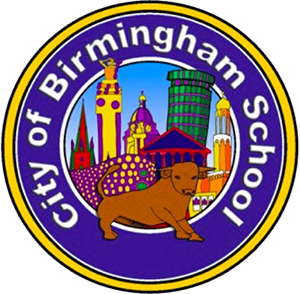Restorative Justice
What is Restorative Justice?
As a restorative school we take a restorative approach to resolving conflict and preventing harm.
Restorative justice brings those harmed by crime or conflict and those responsible for the harm into communication, enabling everyone affected by a particular incident to play a part in repairing the harm and finding a positive way forward. This is part of a wider field called restorative practice.
Restorative practice can be used anywhere to prevent conflict, build relationships and repair harm by enabling people to communicate effectively and positively. Restorative practice is increasingly being used in schools, children’s services, workplaces, hospitals, communities and the criminal justice system.
Restorative practice can involve both a proactive approach to preventing harm and conflict and activities that repair harm where conflicts have already arisen.
Where the latter is required, a facilitated restorative meeting can be held. This enables individuals and groups to work together to improve their mutual understanding of an issue and jointly reach the best available solution. But in many cases a less formal approach, based on restorative principles, may be more appropriate.
Restorative practice supports people to recognise that all of their activities affect others and that people are responsible for their choices and actions and can be held accountable for them. It enables people to reflect on how they interact with each other and consider how best to prevent harm and conflict.
Restorative approaches enable those who have been harmed to convey the impact of the harm to those responsible, and for those responsible to acknowledge this impact and take steps to put it right.
Restorative approaches refer to a range of methods and strategies which can be used both to prevent relationship-damaging incidents from happening and to resolve them if they do happen.
Being a restorative school has many benefits, including increased attendance, reduced suspensions and improved achievement.
It can also alleviate problems such as bullying, classroom disruption, truancy and poor attendance, antisocial behaviour, and disputes between pupils, their families, and members of staff.
As a school, we adopt a whole-school approach to restorative methods.








